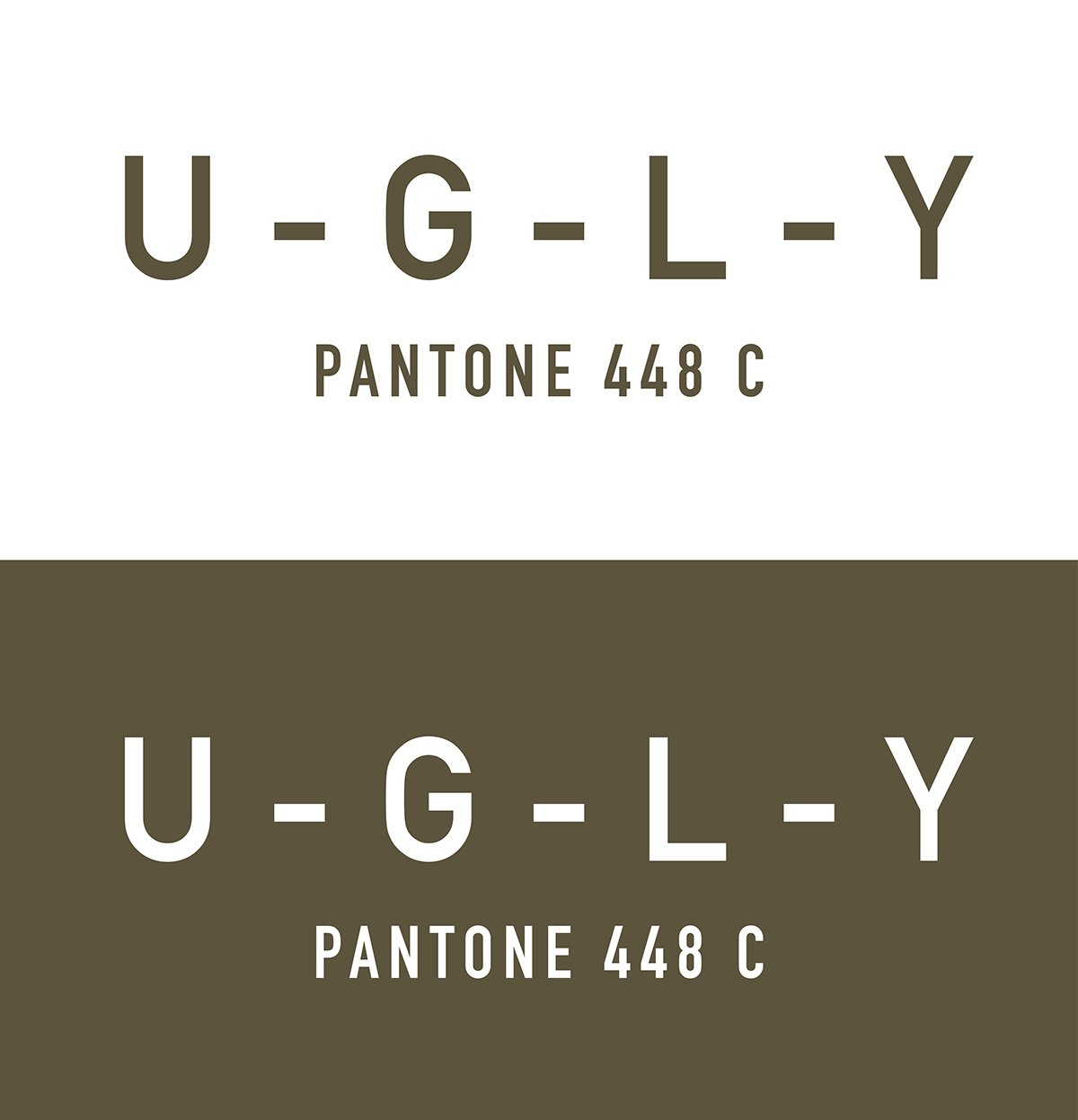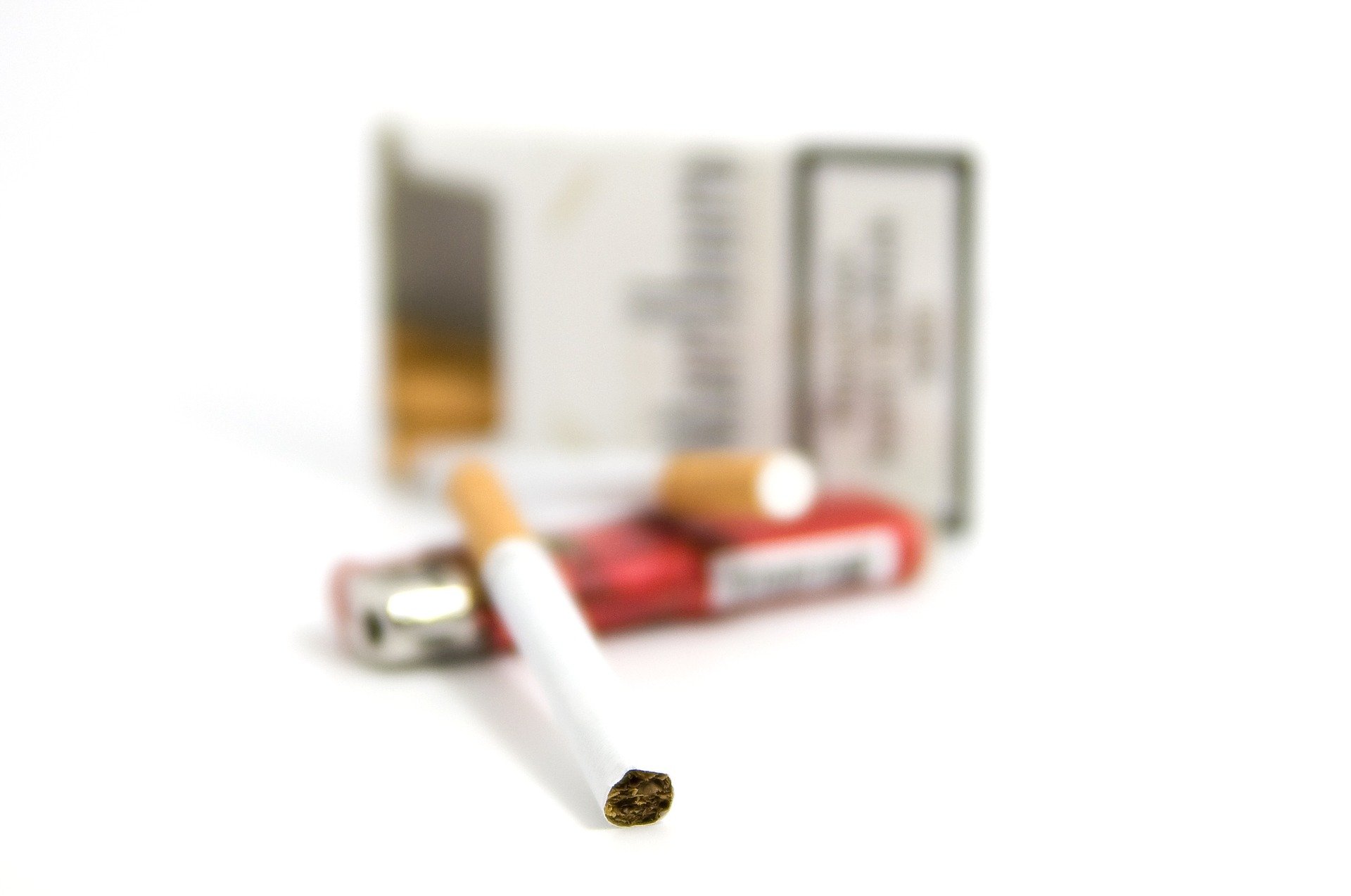International Implications of 'Plain Packaging' Legislation in the U.K.
Plain packaging. Without context, the simple phrase conjures images of generic, sterile-looking, or even boring packaging, perhaps with little to no graphics or artistic flourish. However, when it comes to the packaging of tobacco products in the United Kingdom and other countries, the phrase 'plain packaging' carries with it a very different meaning.
'The World's Ugliest Color'
 According to Pat Reynolds, VP Editor of Packaging World, new legislation was passed in the U.K. on May 20, 2016, that completely banned brightly colored branding from tobacco packaging. Reynolds explains that "the law stipulates that only a single plain color be used: Pantone 448, determined by market researchers in Australia to be the world’s ugliest color. The law also says that all brand names must be written in the same standard font and size and that they must always be in the same on-pack location."
According to Pat Reynolds, VP Editor of Packaging World, new legislation was passed in the U.K. on May 20, 2016, that completely banned brightly colored branding from tobacco packaging. Reynolds explains that "the law stipulates that only a single plain color be used: Pantone 448, determined by market researchers in Australia to be the world’s ugliest color. The law also says that all brand names must be written in the same standard font and size and that they must always be in the same on-pack location."
Upon further delving into the finer details of the legislation on legislation.gov.uk, we found that the legislation gets very specific when it comes to the packaging of tobacco products.
Examples of some of the provisions are:
- External packaging must have a matte finish (no shine)
- Brand name text must be Pantone Cool Grey 2C with matte finish, Helvetica font, and no larger than 14 point
- Package surface must be smooth and flat, with no embossing or irregularities
- Packaging may not contain features that suggest a particular tobacco product is less harmful than others, aims to reduce harmful components of smoke, has healing or natural/organic properties, or has any other lifestyle benefits
- Packaging may not contain features that suggest the tobacco product has improved biodegradability or environmental advantages
- Packaging may not contain elements or features that suggest an economic advantage like discounts or other retail offers
- Packaging may not make a noise or produce a smell
- Packaging may not change after retail sale via features like heat activated inks, inks that appear only in certain lighting conditions, or fold-out or slide-out panels
Packaging 'the last frontier' for tobacco in U.S.
 Reynolds of Packaging World says that numerous other countries, about 25 in all, are looking into similar plain packaging legislation or have already passed it. The New York Times reports that Australia instituted plain packaging for tobacco products in December 2012 and the World Health Organization's first public health treaty recommended plain packaging in 2004 with more than 180 signatures from many different countries. France and Canada may be next for plain packaging legislation, with several other European countries, along with South Africa, Singapore, New Zealand and Chile taking initial steps. So far, the United States has not shown a marked interest in this type of legislation.
Reynolds of Packaging World says that numerous other countries, about 25 in all, are looking into similar plain packaging legislation or have already passed it. The New York Times reports that Australia instituted plain packaging for tobacco products in December 2012 and the World Health Organization's first public health treaty recommended plain packaging in 2004 with more than 180 signatures from many different countries. France and Canada may be next for plain packaging legislation, with several other European countries, along with South Africa, Singapore, New Zealand and Chile taking initial steps. So far, the United States has not shown a marked interest in this type of legislation.
However, the US long ago enacted legislation relating to how tobacco companies may advertise, warning labels requirements, and more recent bans cover event sponsorships by tobacco companies. Matthew Farrelly, senior director of the Center for Health Policy Science and Tobacco Research at the North Carolina-based research group RTI, expounds via the New York Times that "if all you have left is the pack, then you have innovation in the packaging. Point of sale in the U.S. is really the last frontier."
 Slippery slope or public health measure?
Slippery slope or public health measure?
A report from Public Health Research & Practice cites plain packaging legislation as a contributing factor in Australia for record low adolescent smoking rates. Often, brand names are used in many facets of a young person's life as an extension of their identity and individuality, as well as to demonstrate peer group membership. Eliminating attractive packaging and easy brand recognition reduces the effect of branding in a social setting. If a package is ugly, teens especially will not want to be seen holding it in front of their friends.
However, industry leaders fear that plain packaging legislation in the tobacco market will soon leach into other markets, like alcohol or even 'junk' foods like soft drinks, confections, and fast food. Packaging World reports that one key industry player has gone on record against this type of legislation: confectionary giant Mars. Their legal experts wrote in 2012 to Britain's Department of Health that “Mars is concerned that the introduction of mandatory plain packaging in the tobacco industry would also set a key precedent for the application of similar legislation to other industries, including the food and non-alcoholic beverage industries in which Mars operates.”
Keep up with the latest in global packaging news and regulations; subscribe to our blog at the right!




